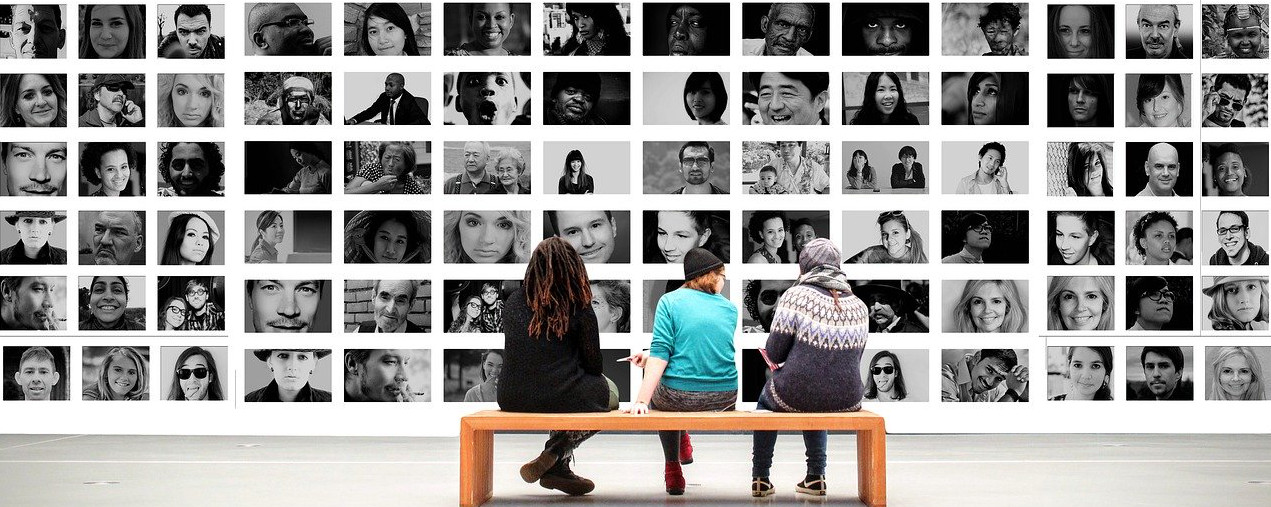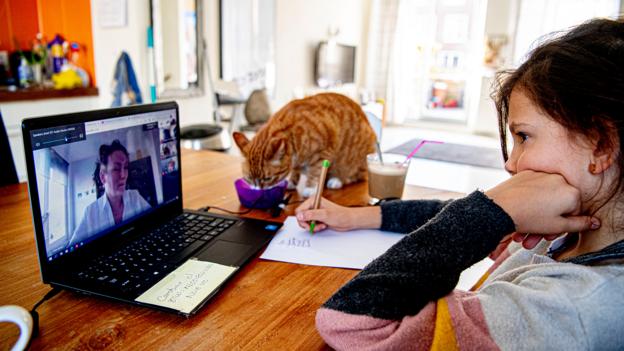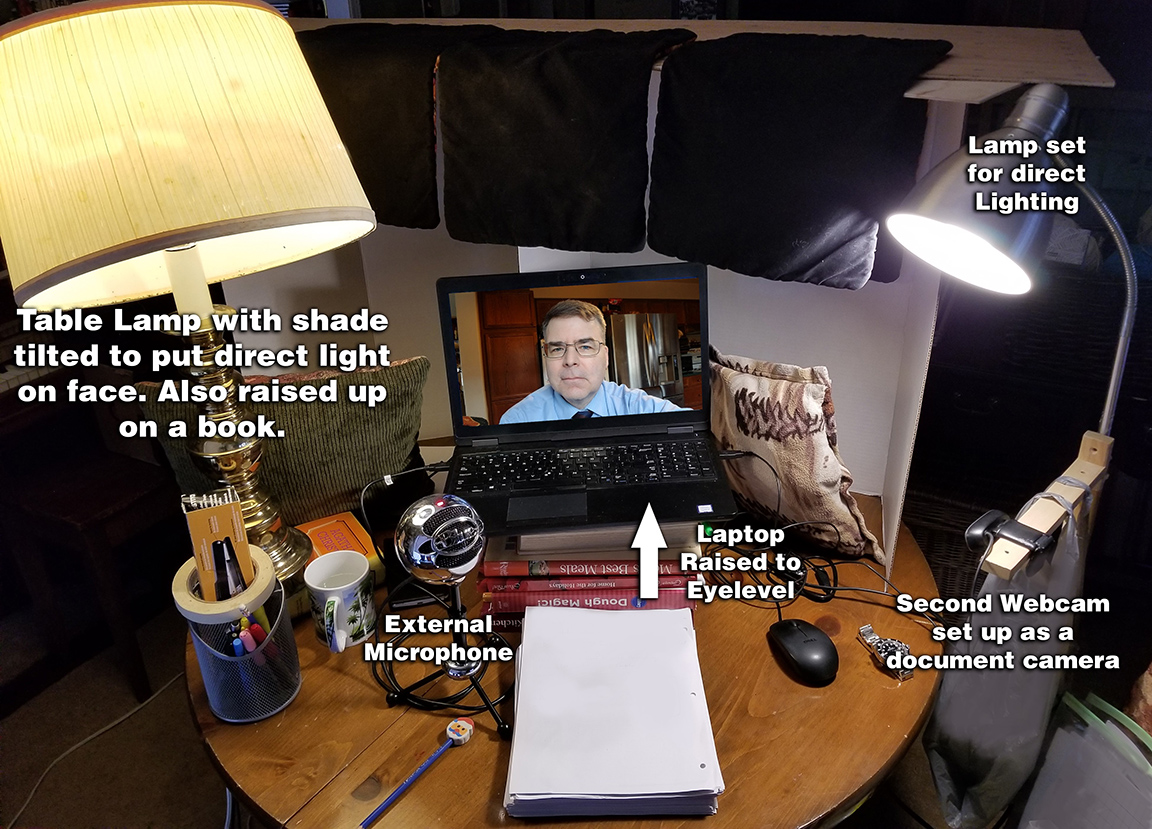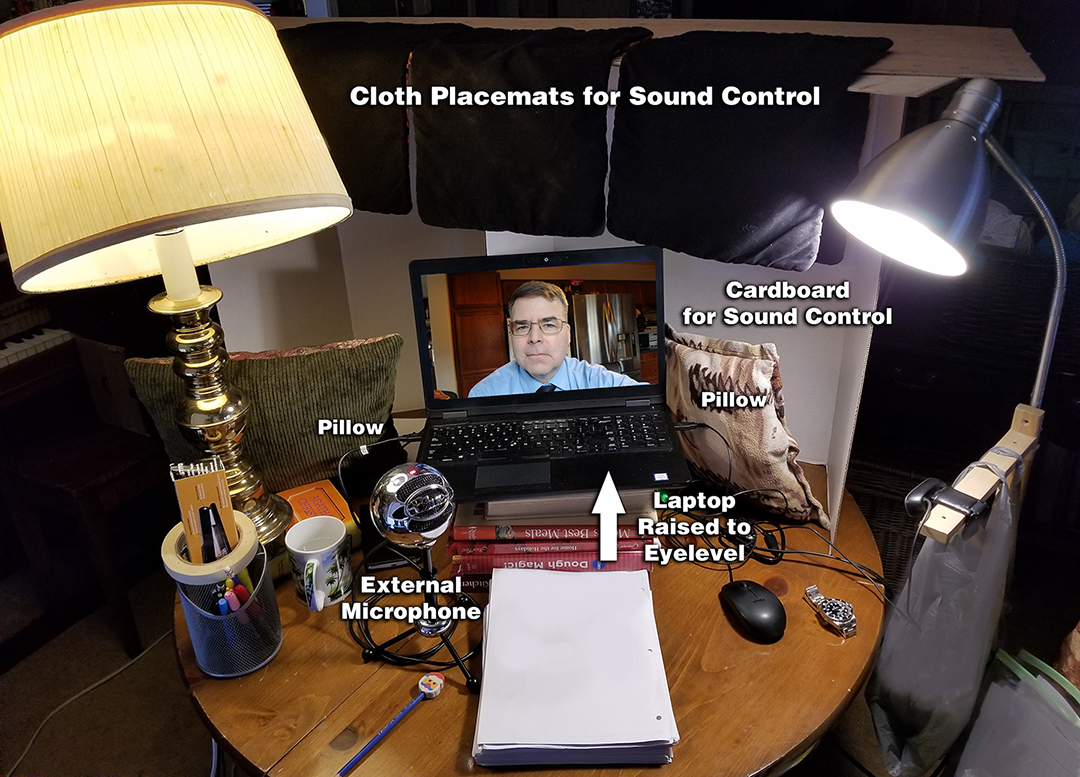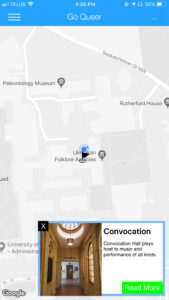Today was the last day of the CSDH / SCHN 2020 online conference. You can see my conference notes here. The conference had to go online due to Covid-19 and the cancellation of Congress 2020. That said, the online conference web brilliantly. The Programme Committee, chaired by Kim Martin, deserve a lot of credit as do the folks at the U of Alberta Arts Resource Centre who provided technical support. Some of the things they did that
- The schedule has a single track across 5 days rather than parallel tracks over 3 days. See the schedule.
- There were only 3 and half hours of sessions a day (from 9:00am to 12:30 Western time) so you could get other things done. (There were also hangout sessions before and after.)
- Papers (or prepared presentations) had to be put up the week before on Humanities Commons.
- The live presentations during the conference were thus kept to 3 minutes or so, which allowed sessions to be shorter which allowed them to have a single track.
- They had a chair and a respondent for each session which meant that there was a lot of discussion instead of long papers and no time for questions. In fact, the discussion seemed better than at on site conferences.
- They used Eventbrite for registration, Zoom for the registrants-only parts of the conference, and Google Meet for the open parts.
- They had hangout or informal sessions at the beginning and end of each day where more informal discussion could take place.
The nice thing about the conference was that they took advantage of the medium. As none of us had flown to London, Ontario, they were able to stretch the conference over 5 days, but not use up the entire day.
All told, I think they have shown that an online conference can work surprisingly well if properly planned and supported.
